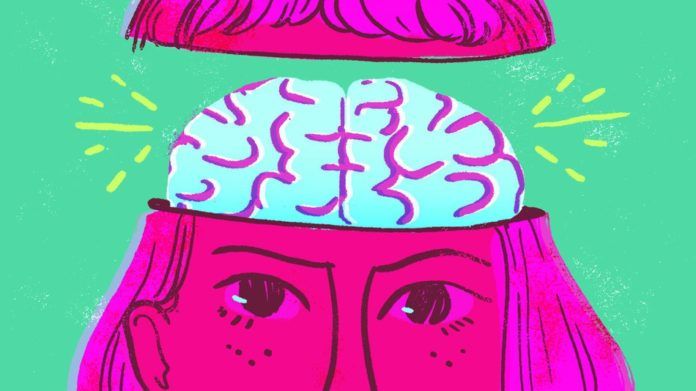Most of the time, it is considered that anyone who’s menstruating isn’t working at the top mental pitch. But now, scientists have found evidence to suggest that that’s not the case. They observed three aspects of cognition across two menstruation cycles and found that the levels of estrogen, progesterone, and testosterone in your system have no impact on your working memory, cognitive bias or ability to pay attention to two things at once.
Scientists used a much larger sample than usual and follow women across two consecutive menstrual cycles. They involved 68 women in undergoing detailed monitoring to investigate changes in three selected cognitive processes at different stages in the menstruation cycle.
They found that the cognitive bias and were affected during the first cycle. But the second cycle did not replicate similar results. Scientists then looked for differences in performance between individuals and changes in individuals’ performance over time and found none.
Professor Brigitte Leeners said, “As a specialist in reproductive medicine and a psychotherapist, I deal with many women who have the impression that the menstrual cycle influences their well-being and cognitive performance. Wondering if this anecdotal evidence could be scientifically proven and questioning the methodology of many existing studies on the subject, we have shed some light on this controversial topic.”
“The hormonal changes related to the menstruation cycle do not show any association with cognitive performance. Although there might be individual exceptions, women’s cognitive performance is in general not disturbed by hormonal changes occurring with the menstrual cycle.”
Although scientists claimed further research is still required. This study represents a meaningful step forward, larger samples, bigger subsamples of women with hormone disorders, and further cognitive tests would provide a fuller picture of the way that the menstrual cycle affects the brain. In the meantime, scientists also planning to start the work on the long process of changing minds about menstruation.
